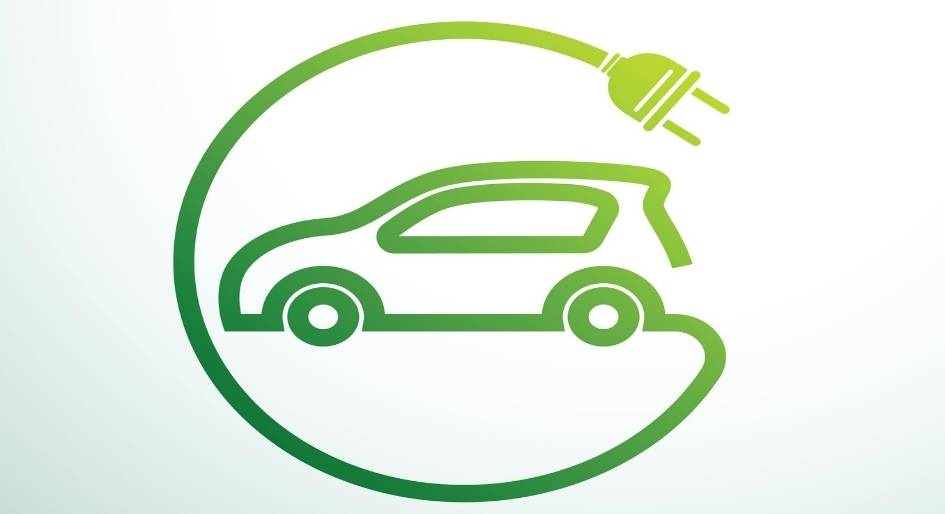The Saudi-led coalition that first intervened in the war in Yemen in 2015 is accused of repeatedly bombing, killing and injuring civilians, using aircraft and guided missiles supplied by countries including the UK…reports Asian Lite News
British arms exports doubled during 2022 to a record £8.5bn according to the only publicly available official figures, reflecting escalating geopolitical uncertainties and fallout from Russia’s invasion of Ukraine.
The largest destination for UK-made weaponry was Qatar, which bought £2.7bn-worth, and 54% went to countries designated as “not free” by the human rights group Freedom House. These include Saudi Arabia and Turkey, as well as Qatar.
The £8.5bn recorded in 2022 is comfortably a record since the UK began publishing export data in 2008, and is more than double the £4.1bn recorded in 2021. The previous high was £6.9bn in 2015, a time when Syria had collapsed into civil war.
“The latest export licence figures for 2022 show that the UK arms industry is working overtime to arm some of the world’s most authoritarian regimes,” said Sam Perlo-Freeman, a researcher at Campaign Against Arms Trade (CAAT), “as well as countries engaged in armed conflict, with the UK government’s full approval.”
The two largest arms buyers were in the Gulf. Qatar bought £2.4bn worth of Eurofighter Typhoons and related equipment from BAE Systems during 2022, the first of which was delivered last August, a few months before the winter World Cup.
Saudi Arabia, traditionally the UK’s most significant customer, bought £1.1bn of UK arms, including £964m of missiles and related components, arms of the type used previously by its air force to conduct bombing missions in Yemen.
Arms sales to Saudi of weapons that could have been used in Yemen were briefly halted by the UK after a successful legal challenge brought by CAAT. The decision to resume is being challenged in the courts by the campaign group.
The Saudi-led coalition that first intervened in the war in Yemen in 2015 is accused of repeatedly bombing, killing and injuring civilians, using aircraft and guided missiles supplied by countries including the UK.
At least 87 civilians were killed by airstrikes from the Saudi-led coalition in Yemen using weapons supplied by the UK and US between January 2021 and February 2022, according to an analysis by Oxfam. Air raids, however, halted in March 2022.
Ukraine itself received £401m-worth of exports, although most of the £2.3bn of weapons the UK supplied to Kyiv in 2022 were from stocks held by the British military, and so did not require an export licence.
Export figures are based on an analysis of official data released by the Department of Business and Trade produced by CAAT. The other two leading destinations for arms were the US (£860m) and Turkey (£424m).
ALSO READ-Braverman under fire for bid to dodge speeding fine


